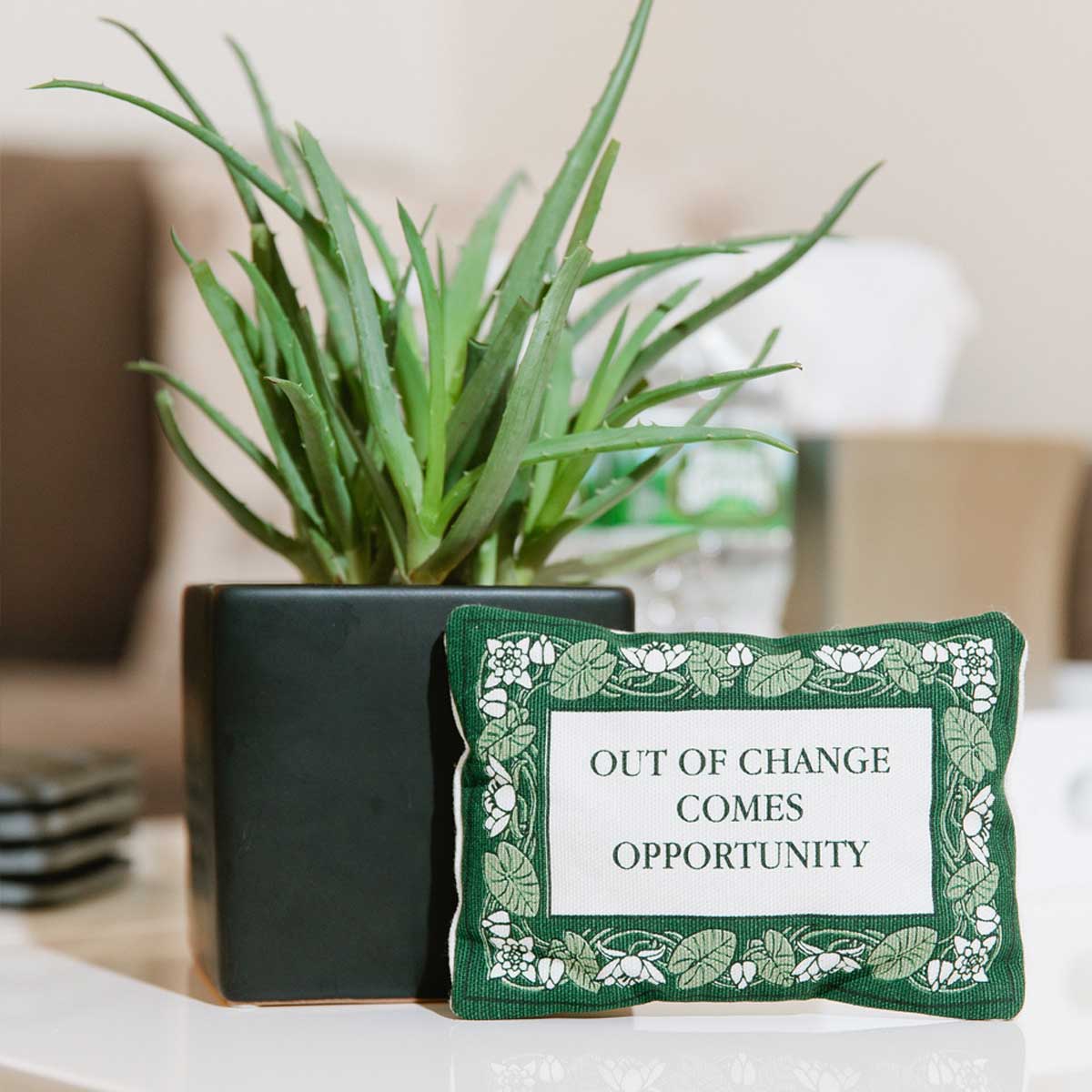Learning how to validate self is a process.
We often emphasize the importance of validating others and downplay the importance of validating ourselves.
Practicing gentle and positive self-talk encourages our growth.
Praise yourself for doing that hard thing; soothe yourself when you’re hurt or have been mistreated; make different choices in alignment with your goals and values; practice shifting a self-defeating thought to a more self-compassionate and hopeful one.
You can do it!
Tolerating discomfort is a necessary part of life.
I often sit with folks in session as they are engaging in a new chapter of their life. I.e. – starting that new position, breaking out on their own for the first time, becoming a parent for the first time, dealing with that first big falling out as a couple, etc.
“Newness” is emotionally challenging because it is unfamiliar. We often don’t have the skills necessary to be successful and we must develop them. In any relationship, we will inevitably be called to “repot the plant” at some point. Meaning, the root system has outgrown the current pot and it no longer fits. We need to allow for room to grow or the relationship will die. To do this, we must exercise our distress tolerance. Growth is often uncomfortable but necessary. By staying curious and being kind to ourselves, we can give ourselves and our relationships the chance to evolve. Some of us may have a higher tolerance for distress than others and that’s ok. We can get better at this! In addition, research shows that further developing self-compassion has many positive benefits to our health and well-being.
Distress tolerance refers to our ability to tolerate distress and discomfort so we can see ourselves through to the other side of the mountain so-to-speak.
You can take steps to begin improving your distress tolerance by practicing supportive self-talk. For example, perhaps you recently changed careers and have been struggling with some sort of adjustment related to your new industry. Compassionate self-talk sounds like: “After recently making a career change, there is much to learn. It makes sense that I don’t feel completely secure yet, but I have the right supports in place to help me succeed.”
Or, perhaps you are working on shifting your relationship with self-imposed pressures and perfectionism, you might learn to say: “it makes sense that I would feel rattled or uncomfortable when I’m new at this because I care so much about doing a great job and have high standards for myself.” Or, “this is the first time I’ve gone through ‘becoming a parent’ and I am scared!! I want so bad to get this right and be present and have everything go off without a hitch, but I know there is so much that will be out of my control, and that’s hard for me.”
Compassionate self-talk encourages us forward and it takes practice!
See if you can catch the “harsh self talk” this week and challenge yourself to shift it. Tolerating discomfort and allowing yourself to evolve are life skills worth strengthening!

